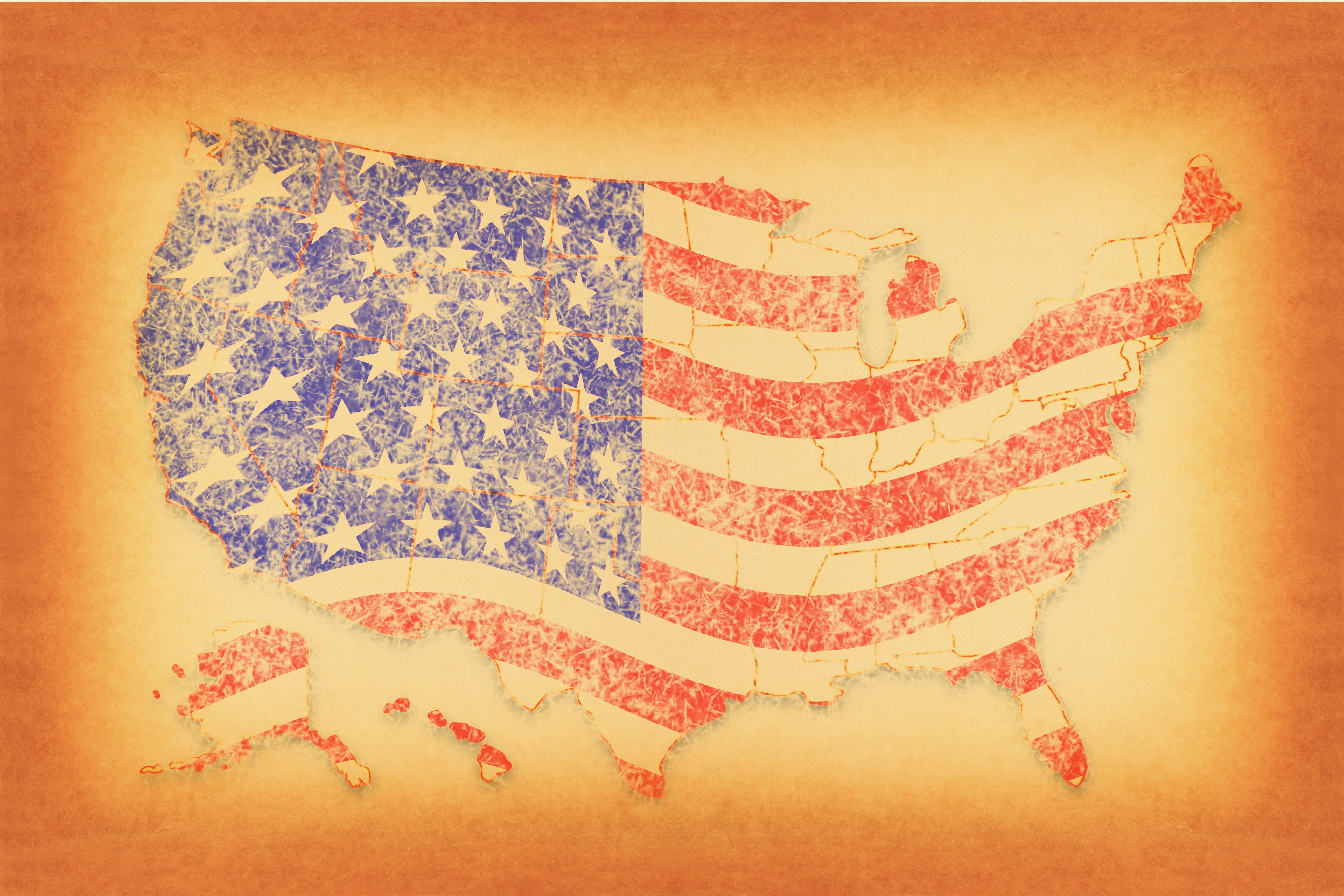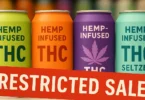The United States is a huge country, and it’s actually not very united when it comes to the topic of legalizing cannabis.
Although it remains federally illegal and unjustly categorized as a schedule 1 drug, each state is permitted to make their own laws governing cannabis use. Each state has completely different laws, qualifying conditions, and methods of distribution so it can get a bit confusing. Below is a quick, general guide of the current cannabis laws by state so you can have a better idea of what’s allowed and where.
Completely Illegal
Cannabis flower, extract, and all related products are completely illegal in these four states. In Nebraska, a first offense is only an infraction. In Idaho, South Dakota, and Wisconsin it’s a misdemeanor for any amount, punishable by anywhere from 6 months to 1 year in jail. We hope each state on this list soon changes their draconian cannabis laws.
- Idaho
- Nebraska
- South Dakota
- Wisconsin
Only CBD products allowed
The following thirteen states still don’t have a comprehensive medical cannabis program on the books, but they do allow CBD to treat various conditions. Each state has their own system of allowing access to these products. For example, Iowa issues Medical Cannabidiol Registration Cards, but at the moment only 400 people have one. In Texas, there are only 21 doctors registered with the state’s Department of Public Safety who are allowed to prescribe CBD, and two separate doctors must review and sign off on proposed treatment plans. In South Carolina, only patients participating in a clinical trial are allowed to possess CBD.
- Georgia
- Indiana
- Iowa
- Kansas
- Kentucky
- Mississippi
- North Carolina
- South Carolina
- Tennessee
- Texas
- Virginia
- Wyoming
Medical Cannabis Allowed
This list is by far the longest, with a total of 21 states allowing cannabis – including flower, concentrates, and isolated cannabinoids – to be used for medical purposes. Some states are relatively lenient when it comes to issuing medical cards or “recommendations”. Other states have a very short list of qualifying conditions that have to be verified by multiple doctors. There are a few ailments that are recognized across the board including epilepsy, HIV/AIDS, cancer, and glaucoma.
- Alabama
- Arkansas
- Connecticut
- Delaware
- Florida
- Hawaii
- Louisiana
- Maryland
- Missouri
- Minnesota
- Montana
- New Hampshire
- New Jersey
- New York
- North Dakota
- Ohio
- Oklahoma
- Pennsylvania
- Rhode Island
- Utah
Completely Legal
The first state to legalize recreational cannabis was Colorado back in 2012 and their adult use sales for 2018 reached $1.3 billion. Other states followed in their footsteps with Michigan being the most recent state to legalize during the November 2018 elections. Cannabis remains federally illegal, however, recreational use is legal in our nation’s capital, District of Columbia (which is definitely a head scratcher). UPDATE: Illinois just approved recreational cannabis last week!
- Alaska
- Arizona
- California
- Colorado
- District of Columbia
- Illinois
- Maine
- Massachusetts
- Michigan
- Nevada
- New Mexico
- Oregon
- Vermont
- Washington







